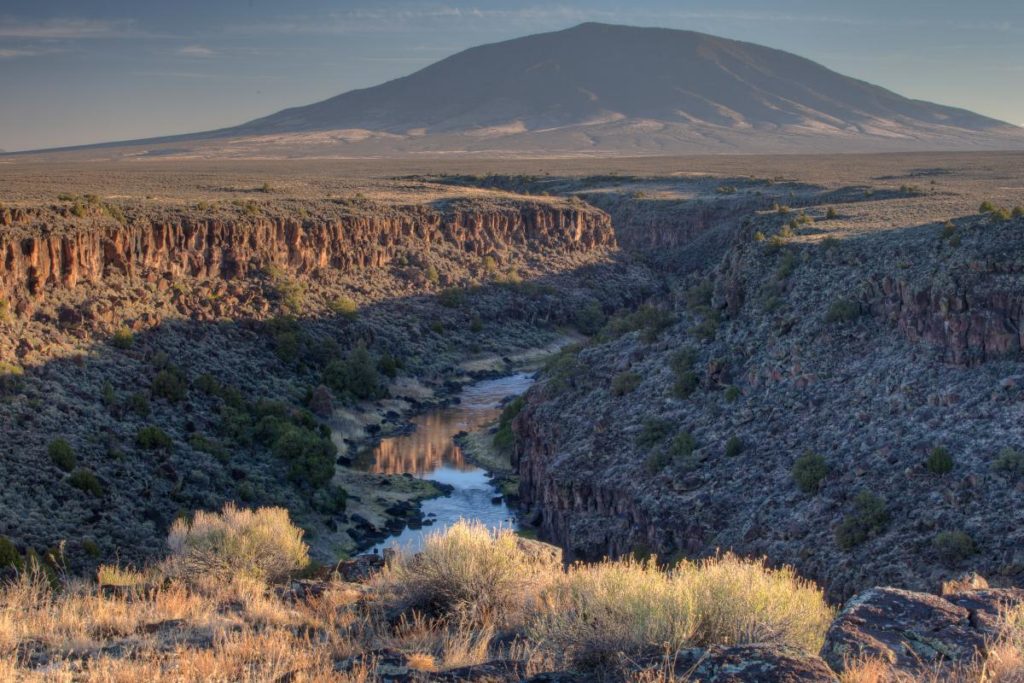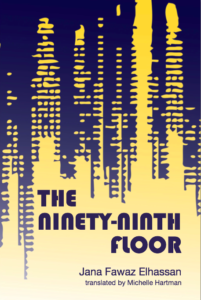
The last eel of the Rio Grande grows up lonely, brown and serpentine, a river with gills and a pulse swimming inside itself, spooning the river’s oxbows eager for siblings. What the eel doesn’t know could fill a book: that hydroelectric dams keep its kind from traveling upstream to spawn; that eels live elsewhere churning by the hundreds in slicktight knots; the taste of its own firm flesh smothered in soy sauce. The last eel stays ignorant, growing fat on cigarette butts and dreams of parents, growing heavy and slow feeding on the heavy metal hodgepodge downstream of the power plants, a bully coiled up in dark water only coming out to scare smaller fish into submission. And then one day it happens: the flossy flick of a line, the hook and tug before the drag. The eel fights, but its broad, tubed muscles are lazy from afternoon sleeps. It hasn’t run swiftly through a spring flood in years. Hands pull it easily from the water, helped along by the river saying ‘take it, I don’t want this anymore.’










